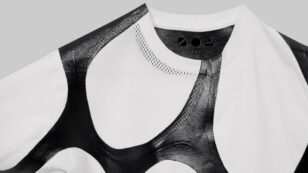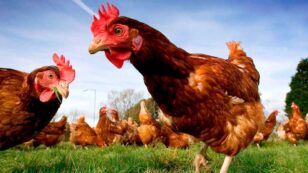
16 Cruelty-Free, Vegan Hair Dye Brands to Check Out
There’s just something sublimely satisfying about dyeing your hair a vibrant shade of red in the middle of a cold, gray winter or bright blonde at the height of summer. Fortunately, there are many cruelty-free hair colors available today to help you achieve the perfect look. No matter whether you prefer an all-natural dye, a […]

 233k
233k  41k
41k  Subscribe
Subscribe 


